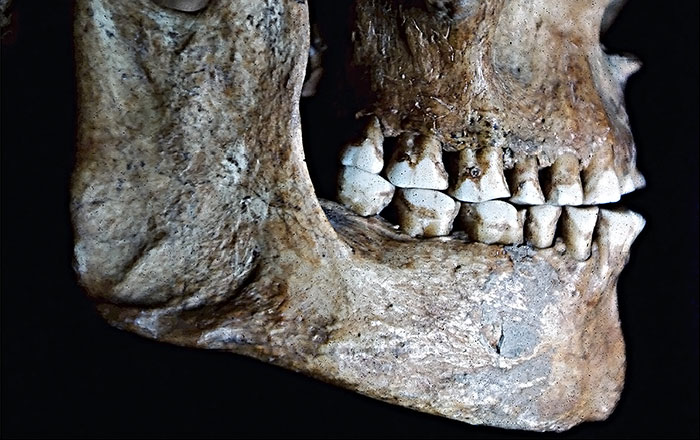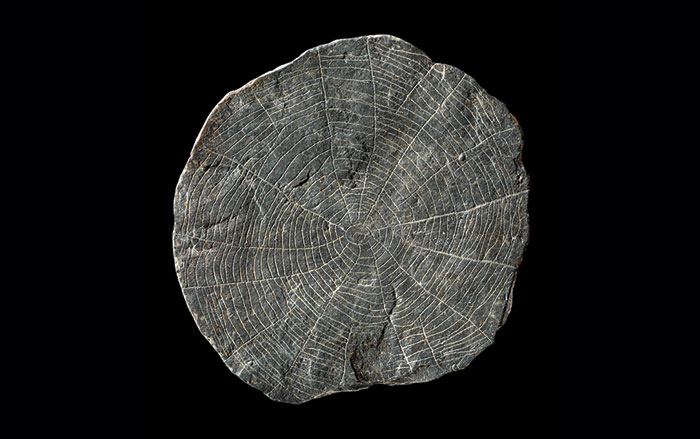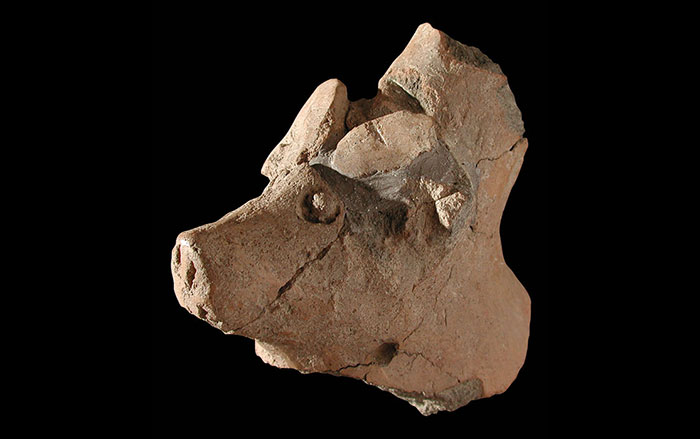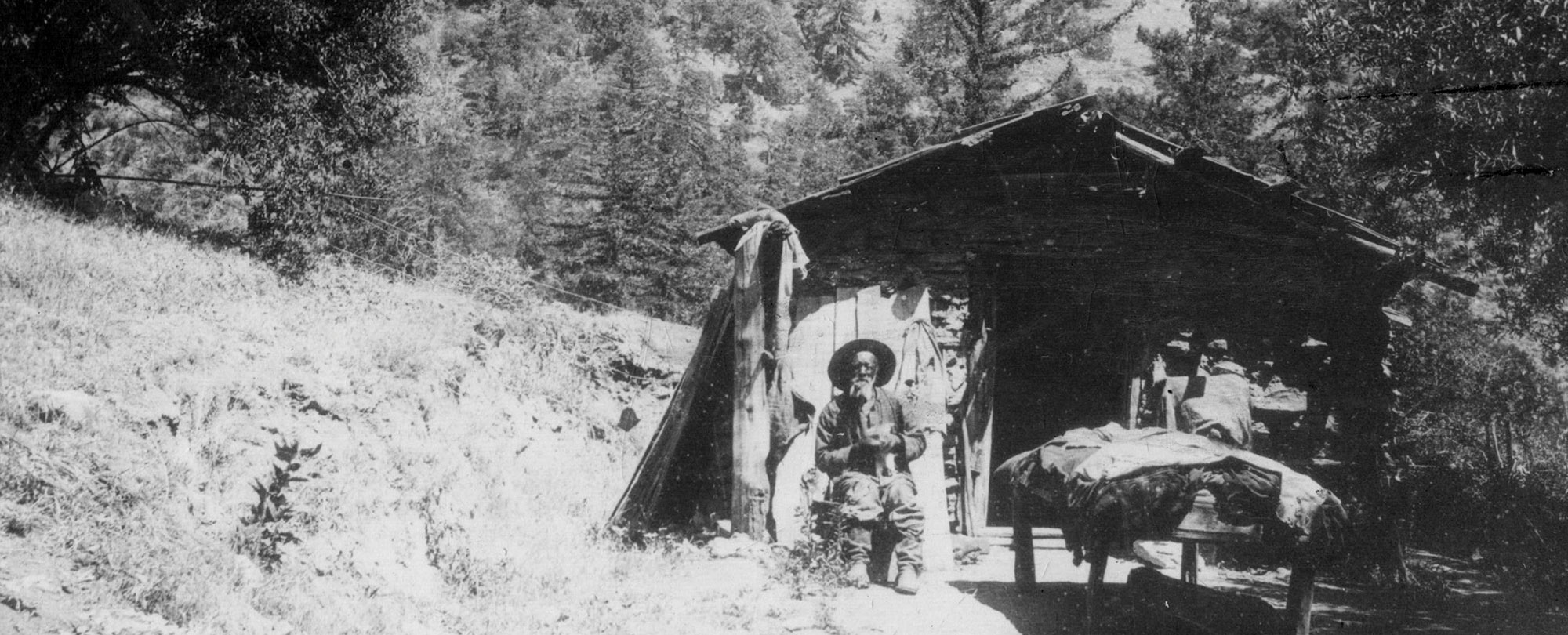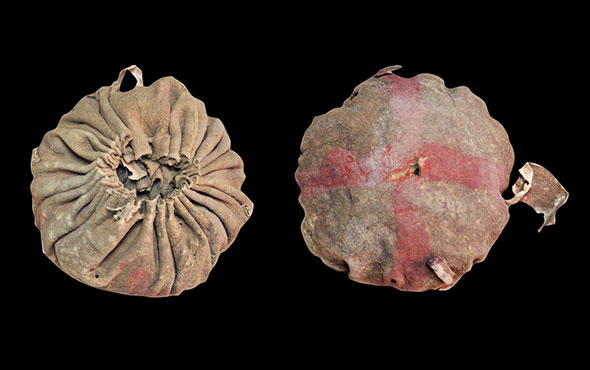
BASEL, SWITZERLAND—According to a statement released by the University of Basel, researchers led by Ferran Antolín and archaeologist Ana Jesus of the University of Basel have developed a method to distinguish domesticated seeds of the opium poppy from those produced by wild plants. Poppies had been thought to have been initially domesticated in the western Mediterranean, where their presumed ancestor still grows in the wild. The researchers first noted the size and shape of 270 poppy seeds from nine poppy species in the collections of the University of Basel and the National Museum of Natural History in Paris. They also counted the number of cells in the seeds. Using these criteria, the scientists were able to determine with 87 percent accuracy if a seed belonged to a wild or domestic species of poppy. The scientists then evaluated poppy seeds recovered from a 5,000-year-old pile dwelling site in Zurich, and determined that half of the seeds came from wild plants, and half from domesticated ones. Jesus said the farmers may have mixed two variants, or the pressure of selection due to cultivation may have gradually led to the changes. If the latter is the case, she explained, then farmers in central Europe contributed to the domestication process. To read about the consumption of cacao seeds in Ecuador 5,300 years ago, go to "Ancient Amazonian Chocolatiers."


